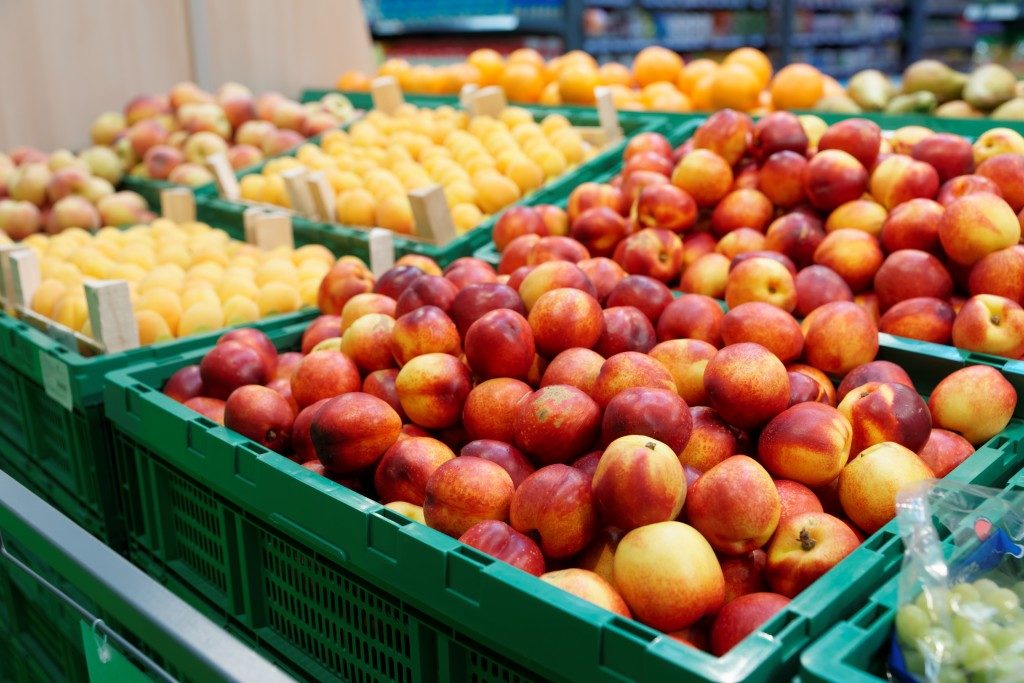Deciding which ready-made baby food is best for your little one can be a little disconcerting. Okay, it can lead to a total nervous breakdown. You’re constantly feeling the pressure of choosing only the best baby food for your kid. That’s completely understandable. Mommy bloggers and celebrities are bombarding you with narratives that it’s bad to feed ready-made food to your babies and that you should be a supermom and make their food yourself.
The truth is that you will learn a lot about the food your baby eats by just looking at the ingredients. Product labels in New Zealand and in most countries are a requirement for food manufacturers. Before buying that jar of mashed bananas, for example, all you need to do is read the labels to know the kinds of fruits, vegetables, meat, and additives are in the jar.
Go Organic
Conventional food has traces of pesticides and herbicides in it. While those chemicals are okay in adult bodies as long as they are within the federal government’s safety limits, your babies may not exactly react well when these chemicals accumulated in their tiny bodies. Eating organic food lowers the chances of your babies’ exposure to these chemicals. Organic food is grown without the use of pesticides, insecticides, and herbicides.
Understand the Labels
As mentioned above, product labels will help you make the right choice for your babies. Even organic food can contain salt, sugar, and harmful types of fats. Even if a food item is labelled organic (it only means it’s organically grown), it is prudent to read the labels and see what other materials were mixed in with the organic fruit or vegetable that is in the food. The first few ingredients on the product labels are what make up the food. If you buy spinach, chicken, and brown rice, those should show up early on the list.
Skip the Veggie-fruit Combos

The way you feed your babies will dictate their lifestyles in the future. You are the first person who’s going to teach them how to eat, so the pressure is on your shoulders to teach them a healthy and balanced diet. By feeding them a combination of veggies and fruits, you are essentially telling them that vegetables cannot be enjoyed on their own unless they have been sweetened by fruits.
Avoid Juices
The American Academy of Pediatrics suggests that juices be left on the shelves at least until your babies reach their first birthdays. Even then, they don’t need juices. But if you really want to let them try, you need to choose a product that is 100% apple juice, for example. It should not be an apple-flavoured drink. That just means that the product is packed with sugar and additives.
Mind the Expiration Dates
Ready-made baby food has expiration dates. To keep them fresh for as long as possible, transfer the contents of the jar or the pouch to a dish. Don’t feed your baby straight from the jar or the pouch because it will spoil the remaining food that your baby won’t eat. Generally, fruits and vegetables last in the refrigerator for two days while meat is okay for a day.
Don’t be fooled by the marketing ploys of these food manufacturers. Too many of them are advertising their baby food items as all-natural or organic when they are really not. The best way for you to understand what you’re feeding your children is to read the labels. Of course, once in a while, when you have the time, feed them with vegetables and fruits that you have mashed yourself.

